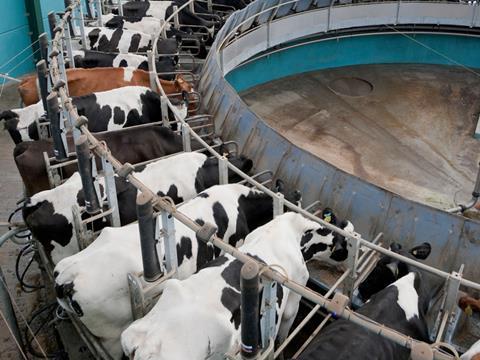
The days of “costly” supermarket-run milk pools could be numbered, dairy industry experts have suggested, as newer initiatives by processors offered similar benefits for retailers but without the financial risk.
Milk groups such as Tesco’s Sustainable Dairy Group and the Sainsbury’s Dairy Development Group were established at a time when farmgate prices were low and the dairy sector was in crisis, said John Allen of Kite Consulting.
But with processors like Arla launching its 360 scheme in conjunction with Aldi last week, and Müller entering a long-term strategic partnership with Lidl earlier this year, the need for supermarket-managed dairy schemes could now be diminishing.
Other schemes, such as Arla and Asda’s Pathfinders partnership, had helped improve efficiency and animal health significantly, but at a much lower cost compared with aligned pools run by the retailers. “This shows how processors and retailers are building different business models to create a resilient supply chain,” Allen said.
“It means there’s now less of a need for the retailer to intervene in running the pool itself.”
Retail consolidation is about to hit UK dairy hard. Which suppliers are most exposed?
Retailer-aligned milk pools could cost up to 2p per litre more to run than standard milk supply arrangements, added NFU dairy board chairman Michael Oakes. This was due to the need to segregate milk supplies and the cost of transporting milk separately.
His comments were echoed by dairy industry consultant Chris Walkland, who said aligned pools were no longer needed as the differential between retailer payments to farmers and those made by processors was “reducing every year”.
However, many supermarkets still favoured their use, despite the extra cost of running them, Walkland stressed. This was “because of the positive PR they can generate, both proactively and defensively”, he said.
Oakes expected the supermarket model would now evolve. “Retailer partnerships can now be done in so many different ways,” he added. “They all want to be seen to be doing the right thing by the dairy farmers. But they will increasingly be looking at a return on their investment.”







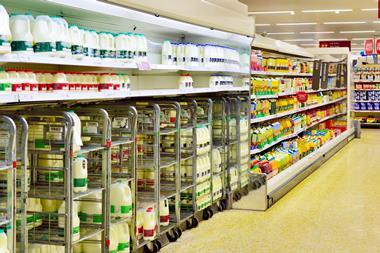
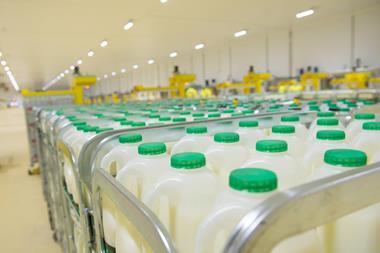
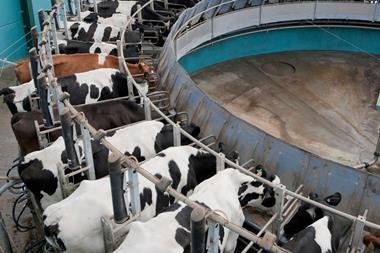
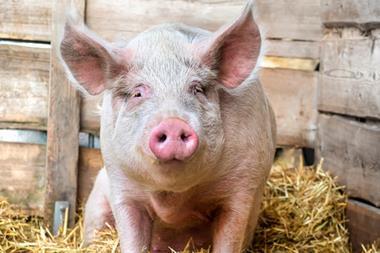
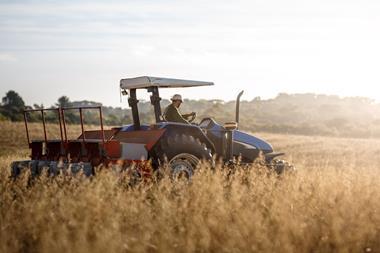


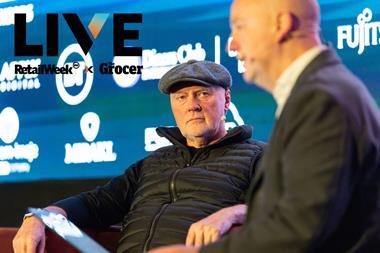
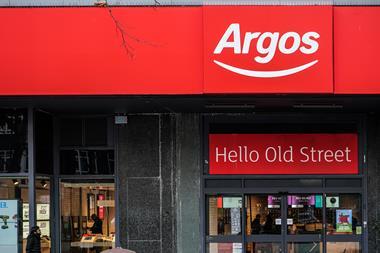

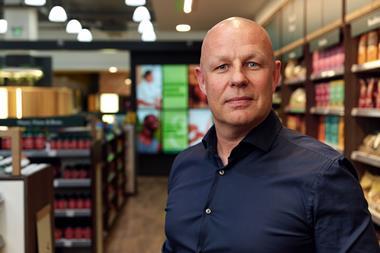

No comments yet